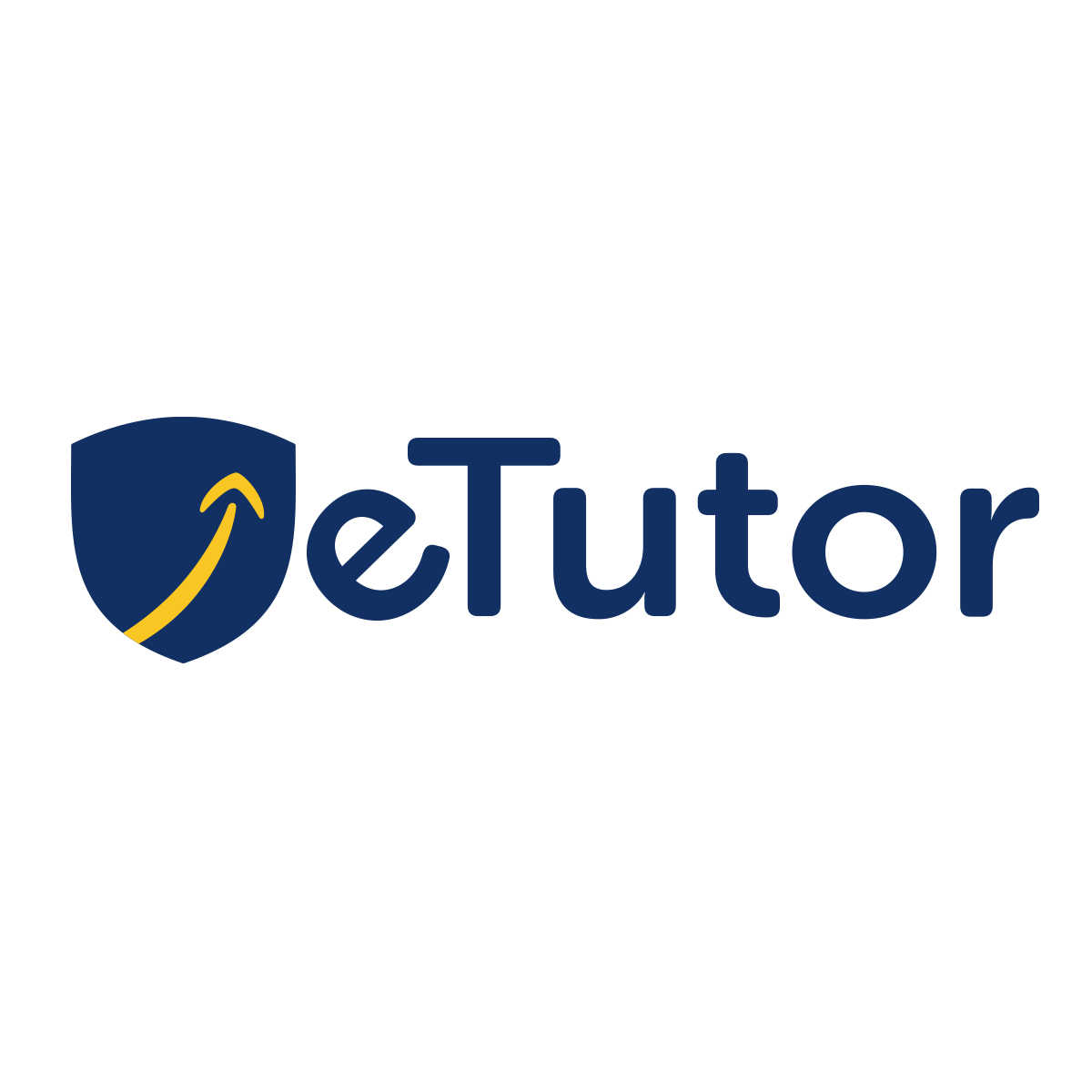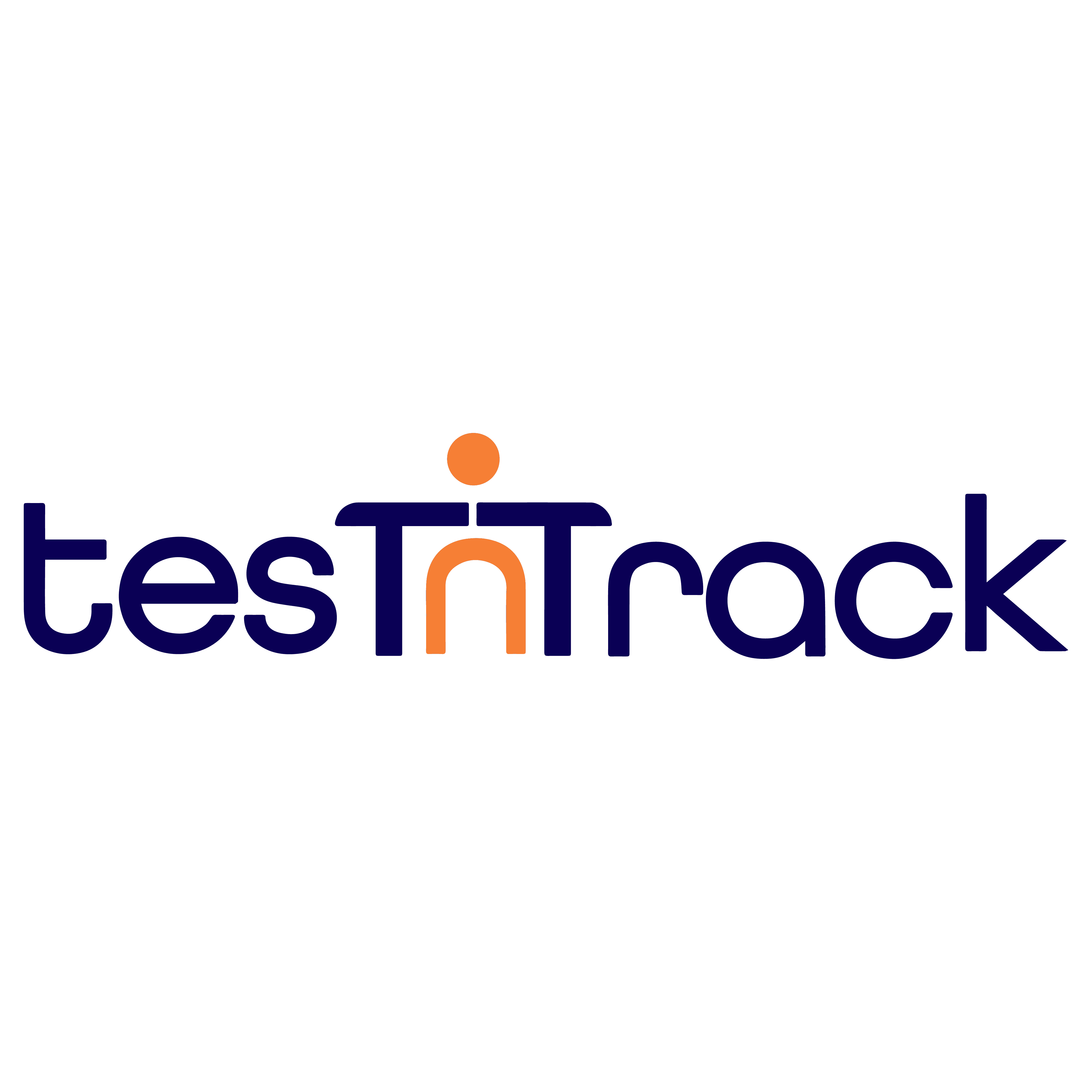Description

eTutor

iMocha
Comprehensive Overview: eTutor vs iMocha
eTutor and iMocha are prominent platforms in the educational technology and skills assessment sectors, respectively. Here’s a comprehensive overview covering their primary functions, target markets, market share, user base, and key differentiating factors:
a) Primary Functions and Target Markets
eTutor:
-
Primary Functions:
- eTutor is primarily focused on providing online tutoring services across a wide range of subjects. The platform often includes interactive lessons, personalized learning paths, and self-assessment tools to help students learn effectively.
- It may integrate features like video lessons, quizzes, and progress tracking to enhance the learning experience.
-
Target Markets:
- eTutor targets a diverse demographic that includes K-12 students, college students, and adult learners looking for continuing education.
- Educational institutions may also use eTutor to supplement their teaching resources, and it can be used in homeschooling environments for a more structured learning system.
iMocha:
-
Primary Functions:
- iMocha focuses on skills assessment and talent evaluation. It provides a platform to test and evaluate the skills of potential employees across various domains.
- The platform offers a wide array of pre-employment tests, technical assessments, and cognitive ability tests.
-
Target Markets:
- iMocha primarily targets businesses involved in recruitment and human resource development. It's particularly beneficial for companies looking to streamline their hiring processes and improve the quality of their recruitment through data-driven insights.
- Industries such as IT, banking, and consulting heavily rely on skills assessments like those provided by iMocha.
b) Market Share and User Base
-
eTutor:
- The market share of eTutor-type platforms is competitive, with numerous players in the online education space. The user base typically consists of individual learners and educational establishments that employ technology-assisted learning tools.
- As part of the broader EdTech sector, eTutor may hold a smaller market share compared to giants like Coursera, Udemy, or Khan Academy, but can have regional or niche dominance based on specific offerings.
-
iMocha:
- iMocha holds a specific niche within the HR technology and talent assessment markets. Its market share is aligned with companies that provide skill testing solutions, and it likely enjoys healthy demand within organizations that prioritize efficient and precise recruitment.
- The user base primarily comprises recruitment agencies, mid-sized to large enterprises, and educational institutions conducting employment-driven courses or placements.
c) Key Differentiating Factors
eTutor:
- Content Diversity: eTutor platforms offer a broad spectrum of subjects and flexible learning paths, making them suitable for various educational needs from primary education to adult learning.
- Interactive Learning: The emphasis on interactivity and user engagement through tools like live tutoring sessions, multimedia content, and discussion forums sets eTutor apart in providing a comprehensive learning environment.
iMocha:
- Comprehensive Test Library: iMocha’s significant differentiator is its extensive test library covering diverse skills. It often provides a more specialized focus on technical and domain-specific assessments.
- Analytics and Reporting: iMocha stands out with its advanced analytics capabilities, offering employers detailed insights into candidates' performance and fit for roles, aiding in data-driven decision-making in recruitment.
In conclusion, while eTutor and iMocha serve different purposes within their respective markets, they are integral to advancing education and human resource management through technology. eTutor's strength lies in personalized education delivery, whereas iMocha excels in skills assessment and recruitment efficiency.
Contact Info

Year founded :
2004
Not Available
Not Available
India
Not Available

Year founded :
2015
+1 408-759-4457
Not Available
United States
http://www.linkedin.com/company/imocha
Feature Similarity Breakdown: eTutor, iMocha
Certainly! Let's break down the feature similarity and differences between eTutor and iMocha:
a) Core Features in Common:
-
Assessment Capabilities: Both platforms offer robust assessments, including quizzes, tests, and assignments, to gauge user knowledge and competencies.
-
Skill Development: They provide tools and content aimed at enhancing user skills. This includes various learning materials such as video lessons, interactive content, and exercises.
-
Analytics and Reporting: Both platforms have features to track user progress, performance analytics, and provide insights based on user data which is beneficial for both learners and instructors.
-
Content Management: They allow the creation, management, and distribution of educational content. This includes support for uploading various formats such as PDFs, videos, and more.
-
Integration Capabilities: Both eTutor and iMocha can be integrated with other systems and platforms, making it easier to accommodate into existing tech ecosystems.
b) User Interface Comparison:
- Design: eTutor and iMocha both aim for clean and user-friendly interfaces, but they may vary in terms of design depending on the target users (educational institutions vs. corporate training).
- Navigation: eTutor might be more academic-focused with an interface designed for educators and students, whereas iMocha may be more streamlined for corporate environments with more focus on HR and talent development use cases.
- Customization: Both platforms offer a degree of customization, but iMocha often gives more control to administrators in terms of tailoring the platform for corporate branding and specific enterprise needs.
c) Unique Features:
- eTutor:
- Peer-to-Peer Learning: Some versions of eTutor emphasize collaborative learning through forums and discussion boards.
- Adaptive Learning Technology: eTutor may incorporate adaptive learning elements that tailor content delivery based on student performance and learning pace.
- iMocha:
- AI-Driven Assessments: iMocha utilizes AI to create and update assessments, making them more relevant to current job roles and market trends.
- Role-Based Competency Mapping: iMocha offers advanced competency mapping for roles, which is particularly useful for companies looking to align training with specific job requirements.
- Video Interview Analysis: iMocha can incorporate video analysis to evaluate communication skills as part of their assessment process, which is a feature tailored for recruitment and HR functions.
In summary, while both eTutor and iMocha share many core features related to learning and assessment, they cater to slightly different markets (education vs. corporate), which is reflected in their UI design and unique feature sets. iMocha's strength lies in its AI-driven tools and role-based assessments, while eTutor might emphasize more on collaborative and personalized academic learning experiences.
Features

Not Available

Not Available
Best Fit Use Cases: eTutor, iMocha
eTutor and iMocha are both designed to enhance skills and learning, but they cater to different needs and contexts. Here's a breakdown of their best fit use cases:
eTutor
a) For what types of businesses or projects is eTutor the best choice?
-
Educational Institutions: eTutor is ideal for schools, colleges, and universities seeking to offer digital learning solutions that complement or replace traditional classroom settings. It's best suited for academic environments requiring structured courses and direct student interaction.
-
Corporate Training Programs: Companies that need to train their employees, especially where personalized knowledge transfer and mentoring are necessary, will find eTutor beneficial. It works well for onboarding, professional development, and role-specific trainings.
-
Tutoring Centers: Businesses providing after-school programs or specialized skill tutorials can use eTutor to reach broader audiences, allowing them to deliver customized tutoring sessions online.
-
Supplemental Learning Providers: Organizations offering courses in specific subjects, such as language learning, test preparations, or certification training, can utilize eTutor to enhance their delivery methods.
iMocha
b) In what scenarios would iMocha be the preferred option?
-
IT and Tech Companies: iMocha is especially beneficial for tech companies needing to assess the technical skills of their employees or candidates. It is designed for skill assessment, helping identify areas that require upskilling or reskilling.
-
Recruitment Agencies: Agencies looking to streamline their hiring process by evaluating the technical proficiency of candidates before shortlisting would prefer iMocha, as it can provide detailed skill insights.
-
Human Resource Departments: Businesses across industries with dedicated HR departments focusing on capability mapping can use iMocha to benchmark employee skills against industry standards.
-
Consultancies: Firms providing workforce optimization services will find iMocha helpful for assessing organizational skill gaps and recommending training or hiring solutions.
d) How do these products cater to different industry verticals or company sizes?
-
eTutor is versatile enough to cater to small tutoring startups, mid-sized educational institutions, and large universities due to its focus on supplementary and individualized learning. It provides scalability for small tutoring businesses to expand online and for larger institutions to offer flexible course options. Industry verticals like education, corporate training, and personal tutoring services can significantly benefit from eTutor's capabilities.
-
iMocha is tailored more for medium to large companies that prioritize skills management and workforce optimization. Its robust assessment platform suits industries like IT, finance, and engineering, where employee competency is critical. Larger enterprises can utilize iMocha for large-scale skill assessments across various departments, while smaller tech firms might use it selectively for critical hiring.
Both eTutor and iMocha serve different objectives focused respectively on personalized education delivery and efficient skill evaluation, allowing organizations to choose the product that aligns with their strategic needs.
Pricing

Pricing Not Available

Pricing Not Available
Metrics History
Metrics History
Comparing teamSize across companies
Conclusion & Final Verdict: eTutor vs iMocha
To provide a well-rounded conclusion and final verdict for eTutor and iMocha, we'll compare the overall value, assess the pros and cons of each, and offer recommendations for potential users.
a) Considering all factors, which product offers the best overall value?
-
eTutor: Offers a comprehensive platform for language learning with interactive lessons, personalized feedback, and a wide range of languages. It's particularly valuable for users focused on improving their language skills in a flexible and tailored manner.
-
iMocha: Primarily focuses on skills assessment and development, particularly in the professional and technical domains. It provides a robust platform for evaluating competencies through various tests and is especially beneficial for corporate entities looking to upskill their workforce efficiently.
Overall Value Verdict: The choice between eTutor and iMocha ultimately depends on your primary goal. For language acquisition and personalized learning experiences, eTutor offers better value. However, for skills assessment and workforce development, iMocha stands out as the better option.
b) Pros and Cons of Choosing Each Product
eTutor:
- Pros:
- Interactive and adaptive learning tailored to individual needs.
- Wide array of languages and cultural context lessons.
- Offers live tutoring for personalized learning experiences.
- Cons:
- May not cater well to users looking for professional skill assessments.
- Subscription costs can be high if more than one language is desired.
iMocha:
-
Pros:
- Extensive library of skill assessments and analytics.
- Ideal for businesses to track and develop employee skills.
- Provides industry-specific assessments for technical roles.
-
Cons:
- Not intended for language learning or casual users.
- May require integration efforts for corporate environments.
c) Specific Recommendations for Users
-
Purpose Alignment:
- If your primary objective is to learn a new language or improve your linguistic skills, consider opting for eTutor due to its specialized resources and educational focus.
- If you are a business leader or an HR professional looking to enhance your team’s professional skills and identify potential hires, iMocha would be the better choice.
-
Cost Consideration:
- Evaluate the subscription and licensing costs associated with both platforms to ensure they meet your budgetary constraints.
-
Trial Periods:
- Make use of any free trials or demos provided by these platforms to get a hands-on experience before committing financially.
-
Feedback and Reviews:
- Look into user reviews and testimonials related to specific needs you might have to understand real-world applications and effectiveness.
In conclusion, the decision between eTutor and iMocha should be driven primarily by your unique needs—language learning versus skills assessment—and the value you assign to personalized language experiences versus professional competency evaluations.
Add to compare
Add similar companies



